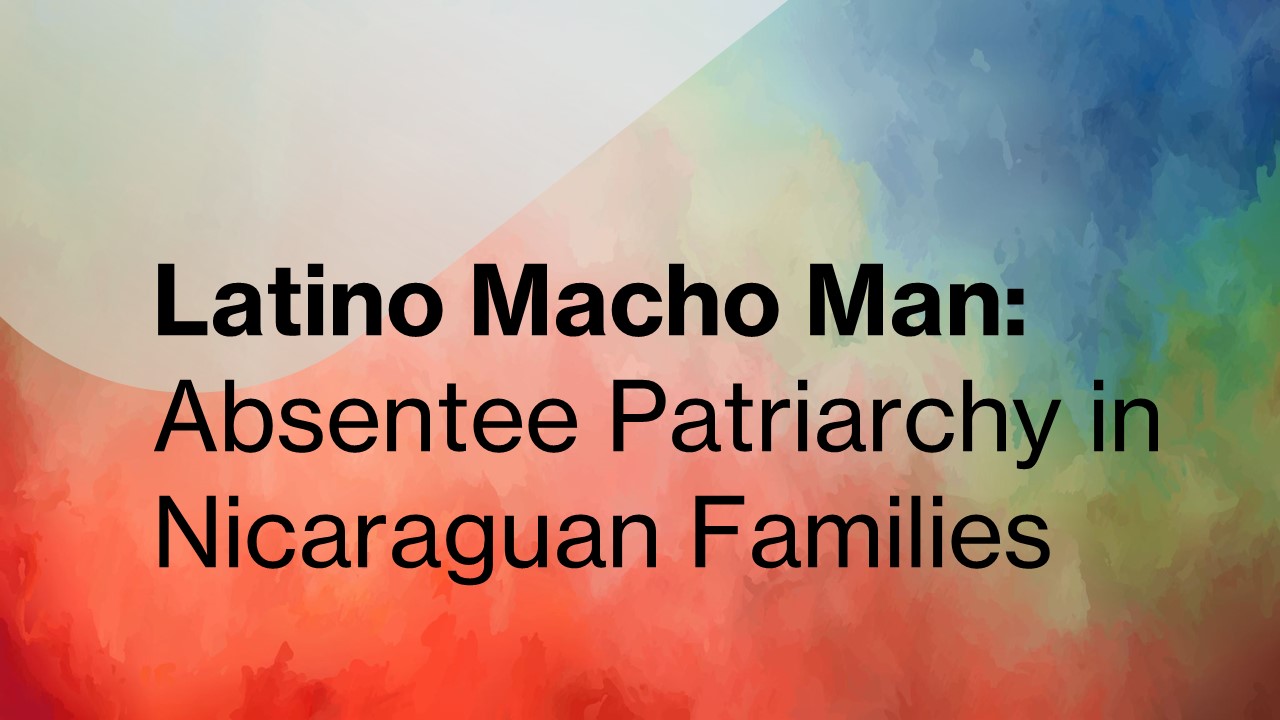The type of macho man has become a well-known cultural label, characterizing the typical image of a Latin man. This stereotype commonly describes a strong man with certain attributes of masculinity, such as demanding respect, assertive attitudes, domineering behavior, and the wiliness to control others, especially women. The man exhibits these typical “macho” traits in relationships with women before and after marriage.
This macho role is a Latin version of manliness that has historically been embedded in many patriarchal societies throughout Central and South America. The role of the macho man is balanced by the role of the marianista woman in the Latin American hierarchical structure of gender relations. In these cultures, men play dominant roles while women play submissive roles in gender relations.
Patriarchy in Latin Families
The classical versions of patriarchal families are widespread in many traditional societies across the world, often in Central and South America. In this family structure, men and women perform unequal yet complementary roles in the family.
The husband provides his wife and children with income and resources, secures their protection, and performs the manly chores. They often have a decisive role in family matters. On the other hand, the wife does a lot of womanly housework: cleaning, washing laundry, cooking, caring for their children, and providing daily service for her husband. These gender roles in patriarchal families are traditionally and rigidly determined.
The man’s and woman’s contributions to family life may look relatively equal. Both the husband and wife play complementary and seemingly equitable roles in family functioning. Yet somehow, it is deemed that the man’s family role and position are higher than the woman’s role and position. It is thought that the man is the “head” of a family. People have different ideas about whose role is more important and whose is less important, and who is more independent and who is more dependent.
The patriarchy of family relations in the past was related to issues of property inheritance. However, in recent times, it has been largely viewed as a man’s power to keep commanding, deciding, and controlling positions. “Patriarchy,” in this case, means a male-headed household. Many wise women, however, manage to respect such a “head” role in their husbands while still turning their “heads” in the directions they want.
These kinds of patriarchal family relations and gender roles have been traditionally widespread in many Central and South American countries. Nevertheless, in recent decades, another paradoxically strange type of patriarchal family has appeared in many Latin American societies and communities in that region.
Absentee Patriarchy
In Latin America, however, the dynamics of gender relations and roles are determined by the frequent incidence of female-headed households. Some scholars note that these were quite common forms of families in Central and South America for a long time (Dore, 1997; Hagene, 2010).
Despite their traditional subordination to men, many women have not relied financially on their spouses. Their headship of families and their economic independence have been a source of autonomy for Latin American women. Nevertheless, women continued to maintain their subordination in the household (Dore, 1997). Thus, in female-headed families, a woman’s economic independence and autonomy do not diminish a man’s dominance.
This family organization is referred to as an “absentee patriarchy” by Hagene (2010). A man is largely physically absent from the family but still tries to control much of the woman’s life. In family relationships, the man forces the woman to rely on him by threatening to leave her. They frequently do so, in fact. Such an ambiguous relationship can be called love, but only in one sense. This is the type of love that the woman refers to as amor compartido. This term refers to a man who has another lover and sometimes a second family.
Why do such unusual gender roles keep spousal relationships going?
Women-headed Families in the Nicaraguan Community of Central America
Researchers have found that the reasons women still subordinate themselves to men are more emotional than economic, stemming from their desire for intimate connections and their longing for close relationships. The Nicaraguan families from a rural town vividly depict these cases (Hagene, 2010).
The macho rules can make young men romantic in courtship. However, in marital relationships, the macho code of behavior suggests that women are supposed to serve men. Their gender norms, however, allow men to do whatever they want. They are free to go outside and socialize with other men at any time. They are free to drink and womanize.
Women tend to overlook their husbands’ misbehavior. They forgive their spouses’ actions and infidelity, justifying them with their macho roles. Many women believe their womanizing is due to their sexual drives, which are a part of their “male nature.”
At the same time, women continue to display their submissive and nurturing “marianista” character. They uphold virginity standards by fulfilling their gender roles as “good women. “Besides, their actions and relationships are reinforced by “social censorship,” “community control,” and “gossip” (Hagene, 2010).
Thus, women in these Nicaraguan households have significant control over their family’s economic and religious affairs. They are, nevertheless, emotionally and socially dependent on men to some degree (Hagene, 2010).
